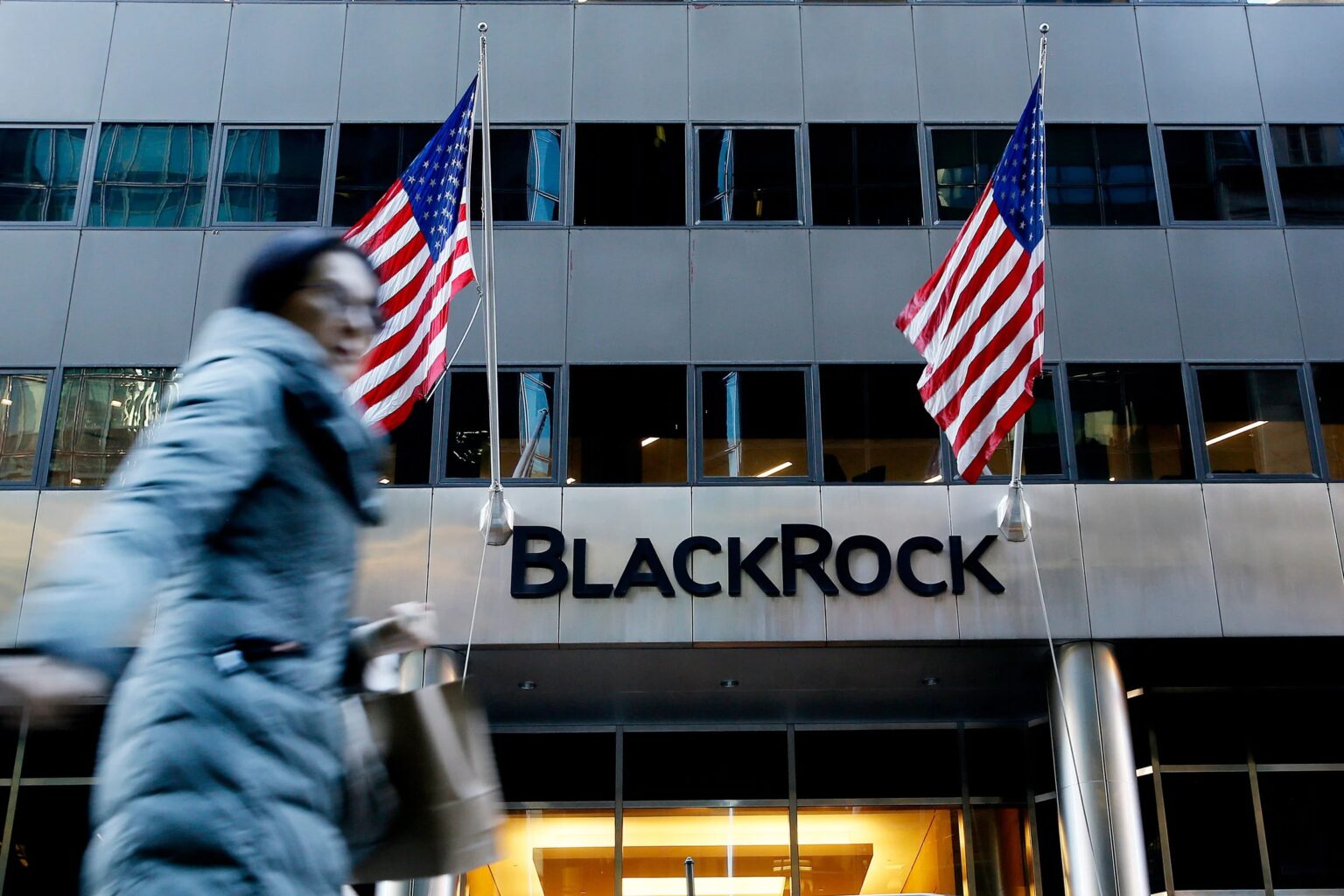The landscape of financial investments is rapidly evolving with technological advancements at the forefront. Blockchain technology, initially synonymous with cryptocurrencies, is now making inroads into traditional finance, introducing innovations that promise to reshape the sector. One such innovation is the tokenization of investment funds, a trend gaining traction among major players, including BlackRock. This transformation not only heralds a new era of financial products but also enhances market accessibility, transparency, and efficiency. As these developments unfold, understanding their implications becomes pivotal for investors seeking to navigate this dynamic environment.
The Emergence of Tokenized Funds: BlackRock’s Forward-Thinking Strategy
Strategic Partnerships in BlackRock’s Tokenization Effort
BlackRock has taken significant steps by launching the BlackRock USD Institutional Digital Liquidity Fund, known as BUIDL, on the Ethereum blockchain. This innovative product is supported by cash, US Treasury bills, and repurchase agreements, establishing a bridge between traditional finance and the burgeoning world of digital assets. The fund collaborates with key players such as Securitize for transfer agent responsibilities and BNY Mellon for custodial duties, ensuring robust infrastructure and security. Additional partners include Fireblocks, BitGo, and Anchorage Digital, which bring specialized blockchain expertise to the table. By using blockchain technology, BUIDL offers token holders daily yield payouts, aligning traditional cash-like instruments with modern programmable assets.
Navigating the Tokenization of ETFs
The potential of tokenized funds extends far beyond a single product, with estimates suggesting a market potential of up to $10 trillion as diverse asset classes and ETFs shift to blockchain platforms. Recent analyses indicate that the value locked in tokenized real-world assets surpassed $10 billion, affirming the commercial viability and growing acceptance of these financial products. Comparisons are drawn with other asset managers, like Franklin Templeton, who are similarly embracing tokenization to stay competitive and innovative.
Advantages and Challenges of Tokenized ETFs
Tokenized ETFs offer distinct advantages, including fractional ownership, enhanced liquidity through continuous transferability, and potentially quicker settlements. Transparency is significantly bolstered, as ownership records become accessible directly on public blockchains. Nevertheless, challenges remain, particularly regarding integration with current market structures and compliance with securities regulations. Entities involved in tokenized ETF transactions must navigate complex legal landscapes and address issues related to market makers and authorized participants.
Addressing Regulatory and Custodial Concerns
The evolving landscape of tokenized securities demands thoughtful regulatory frameworks. Authorities, custodians, and auditors are tasked with defining legal rights, disclosure standards, and investor protection mechanisms to safeguard investments. As jurisdictions worldwide may adopt varying regulations, cross-border adoption could face hindrances unless harmonized policies are developed. Effective custody solutions and legal structures are essential to ensure token holders’ claims are legally enforceable.
Speculation Arises from Bitcoin Fund Success
BlackRock’s exploration of tokenized ETFs is informed by its successful foray into Bitcoin funds, which have garnered significant interest and inflows. This success has sparked speculation about extending tokenization to parts of its extensive ETF portfolio. Such a move would mark a substantial shift by a global asset manager towards embracing blockchain-based investment vehicles, potentially setting a precedent for others in the industry.
“`html
What are the investment prospects of tokenized ETFs?
Tokenized ETFs hold promise due to their unique ability to enhance liquidity, fractionalize ownership, and improve transparency. However, they require a nuanced understanding of the regulatory landscape and market dynamics. Investors should evaluate these factors alongside traditional criteria before investing.
How does Blockchain technology impact the financial sector?
Blockchain technology revolutionizes finance by offering decentralized, tamper-proof records of transactions. This leads to enhanced trust, efficiency, and security in financial dealings, potentially reducing costs, increasing speed, and improving transparency across the sector.
Why is regulatory clarity essential for tokenized securities?
Regulatory clarity is crucial to ensure investor protection, legal enforcement of securities, and the orderly functioning of markets. It provides a framework for innovation while safeguarding against fraud and market abuses, thus facilitating broader adoption of tokenized assets.
“`
In conclusion, this detailed exploration of the tokenization trend, particularly through BlackRock’s initiatives, provides insights into its transformative potential and the strategic considerations involved. The accompanying FAQs delve deeper into the topic, offering valuable knowledge to help investors make well-informed decisions.

